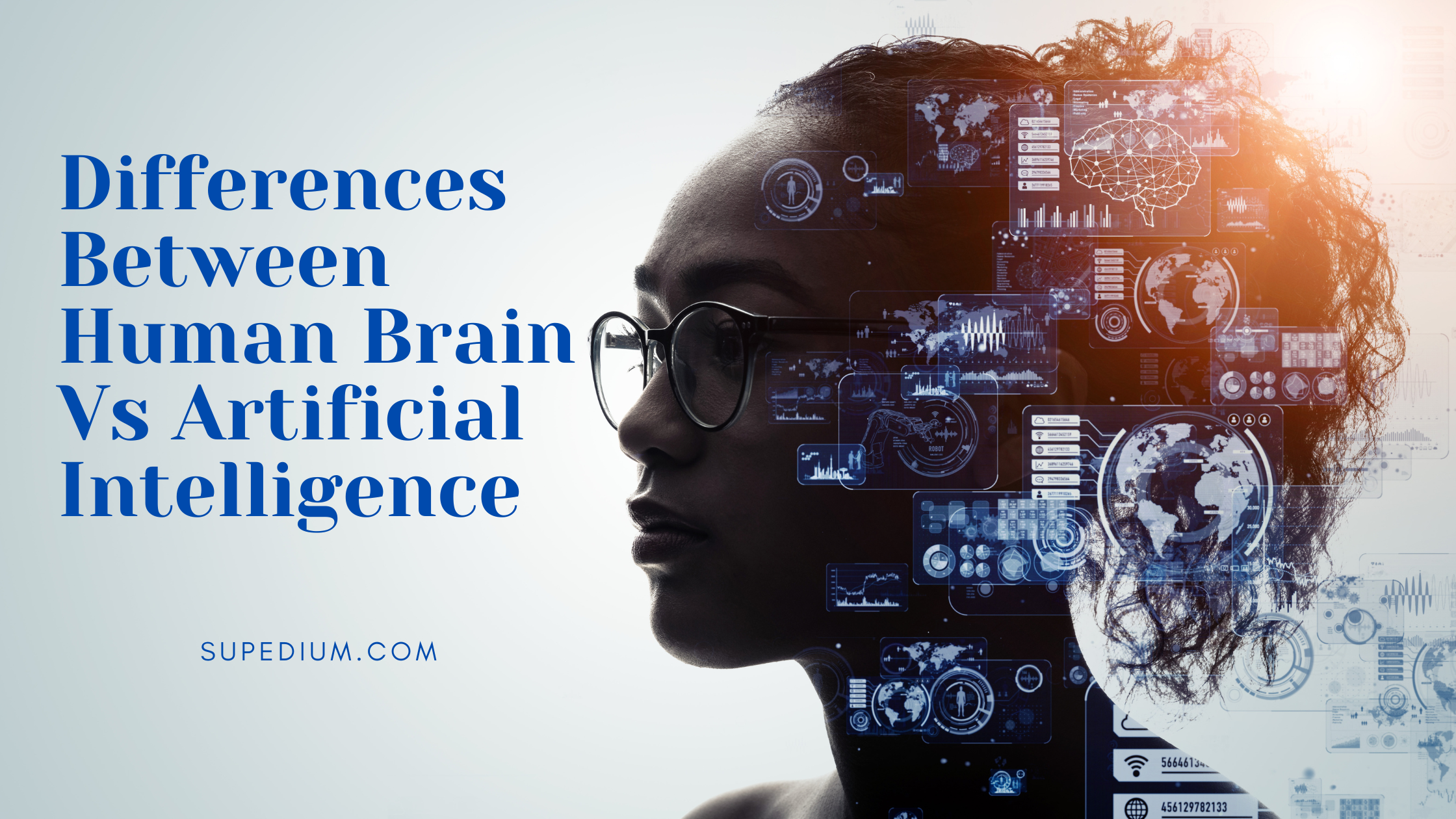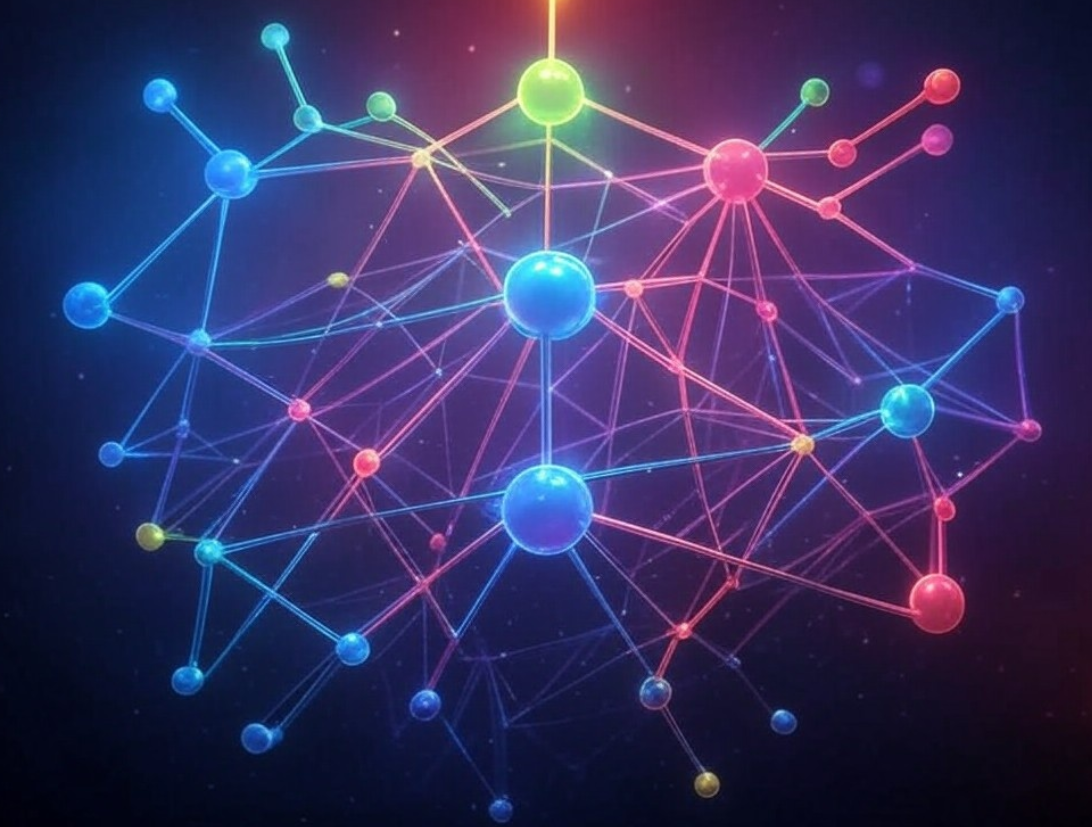![]()
The human brain is a complex and fascinating organ that is capable of incredible feats of intelligence and creativity. It is the center of the human nervous system and is responsible for controlling and coordinating all of our bodily functions.
On the other hand, artificial intelligence (AI) is a technology that allows machines to mimic human intelligence and behavior. AI systems are designed to learn and adapt over time, and can be used to perform a wide range of tasks, such as data analysis, decision making, and problem solving.
Despite their differences, there are some similarities between the human brain and AI. Both are capable of processing vast amounts of information and making decisions based on that information. Both can learn and adapt to new situations, and both are capable of sophisticated problem solving.
However, there are also many differences between the human brain and AI. The human brain is a biological organ that is made up of billions of neurons, while AI is a man-made technology that is typically implemented using computer hardware and software. The human brain is capable of emotions, creativity, and consciousness, while AI is limited to the abilities and rules that are programmed into it.
Another major difference between the human brain and AI is their ability to adapt and learn. The human brain is capable of continuous learning and adaptation throughout our lives, while AI systems are typically designed to learn from a fixed set of data and do not adapt to new situations in the same way that a human brain does.
In conclusion, the human brain and AI are both complex and sophisticated systems that are capable of processing information and making decisions. However, there are many differences between the two, including their composition, abilities, and adaptability. While AI has the potential to perform many tasks that were once thought to be exclusive to the human brain, it is not a replacement for the human brain and its unique abilities.
Share This





Be the first to comment